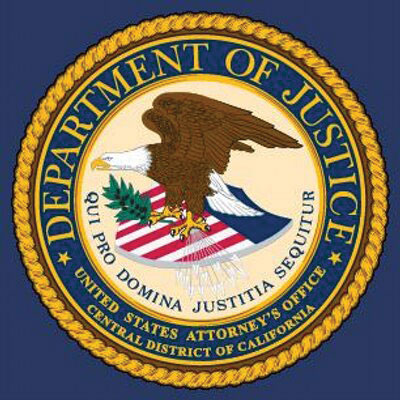Summary:
El Salvador secures a $1.4 billion loan from the IMF after lengthy negotiations.
Agreement includes measures to improve primary balance and reduce debt-to-GDP ratio.
President Nayib Bukele's Bitcoin adoption previously strained relations with the IMF.
Legal reforms to make Bitcoin acceptance voluntary for the private sector.
The Chivo wallet project will be gradually phased out due to technical issues.
El Salvador's Historic Agreement with the IMF
El Salvador has reached a significant agreement with the International Monetary Fund (IMF) after four years of negotiations, which were complicated by the nation's decision to adopt Bitcoin as legal tender. This deal includes a $1.4 billion loan program that will be distributed over 40 months.
Key Terms of the Agreement
In exchange for the loan, El Salvador has committed to implement measures aimed at improving its primary balance and reducing its debt-to-GDP ratio. The IMF has acknowledged the government's efforts in enhancing its fiscal situation, fostering economic growth, lowering inflation, and managing short-term debt obligations.
Challenges from Bitcoin Adoption
The adoption of Bitcoin in 2021 by President Nayib Bukele initially created friction with the IMF, leading to credit downgrades and investor concerns. This new agreement could potentially resolve long-standing issues affecting investors in El Salvador's bond markets, pending approval from the Fund's executive board.
Changes to Bitcoin Policy
Notably, the agreement includes concessions regarding Bitcoin. Legal reforms will ensure that the acceptance of cryptocurrency is voluntary for the private sector, significantly reducing the risks associated with the country's Bitcoin initiative, according to the IMF. Additionally, the government's involvement with the Chivo cryptocurrency wallet, which has faced numerous technical challenges, will be gradually unwound.
Chivo Wallet Insights
Launched in September 2021, Chivo offered users $30 worth of free Bitcoin for signing up, attracting over 3 million sign-ups. However, actual usage remained low, with reports indicating that less than 2% of remittances were processed through digital wallets in 2022.
Financial Recovery Efforts
President Bukele has made strides in recovering from the initial backlash by buying back dollar notes at a discount, paying off bonds early, and restructuring pension debt. As a result, bonds due in 2052 have seen a significant rise in value, rewarding investors with one of the highest returns in the developing world.
Market Response
Following the announcement of the loan agreement, bond trading experienced mixed reactions. El Salvador's government made a surprising return to the bond market in April, successfully selling $1 billion in global notes with conditions tied to credit-rating improvements and the IMF deal.








Comments